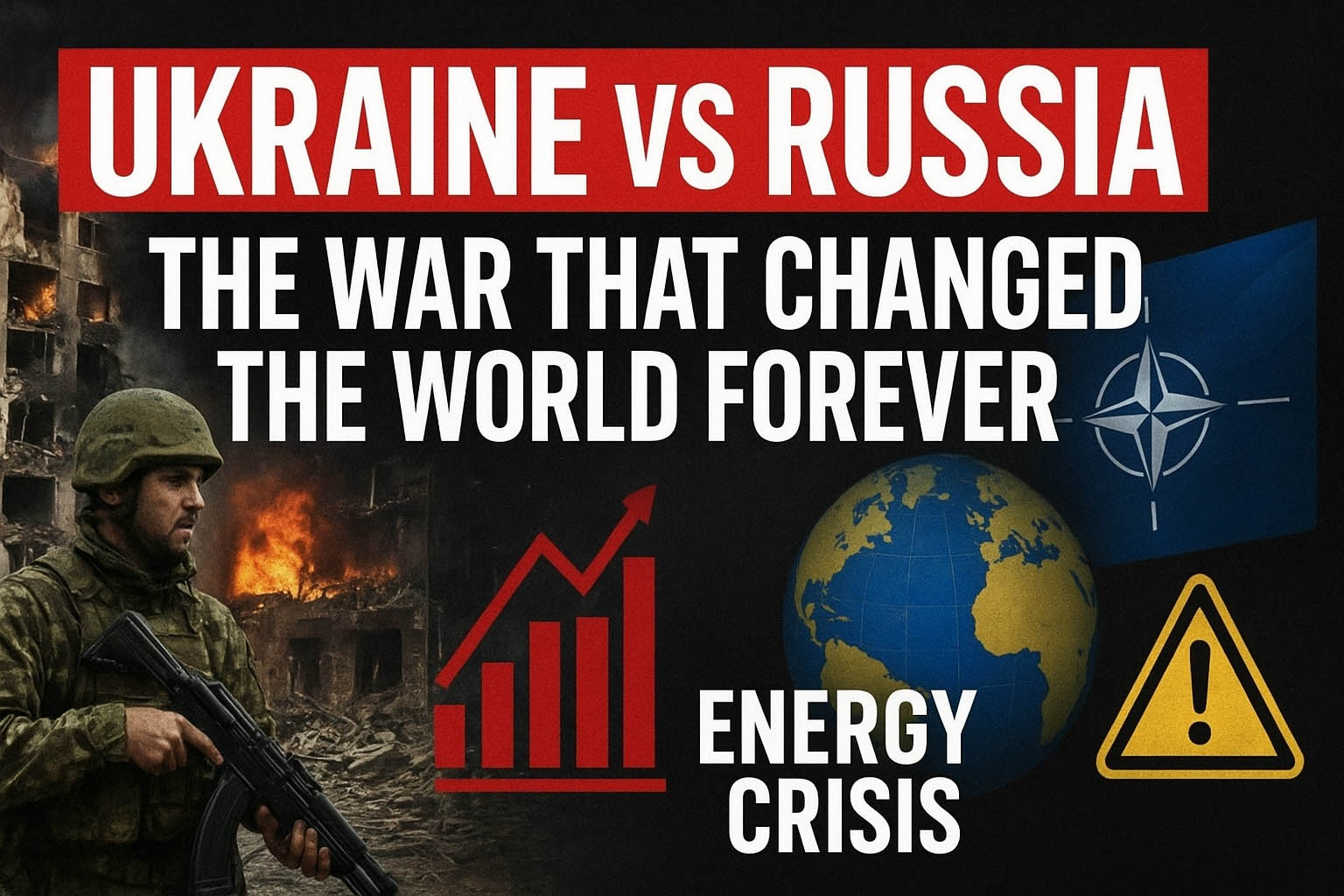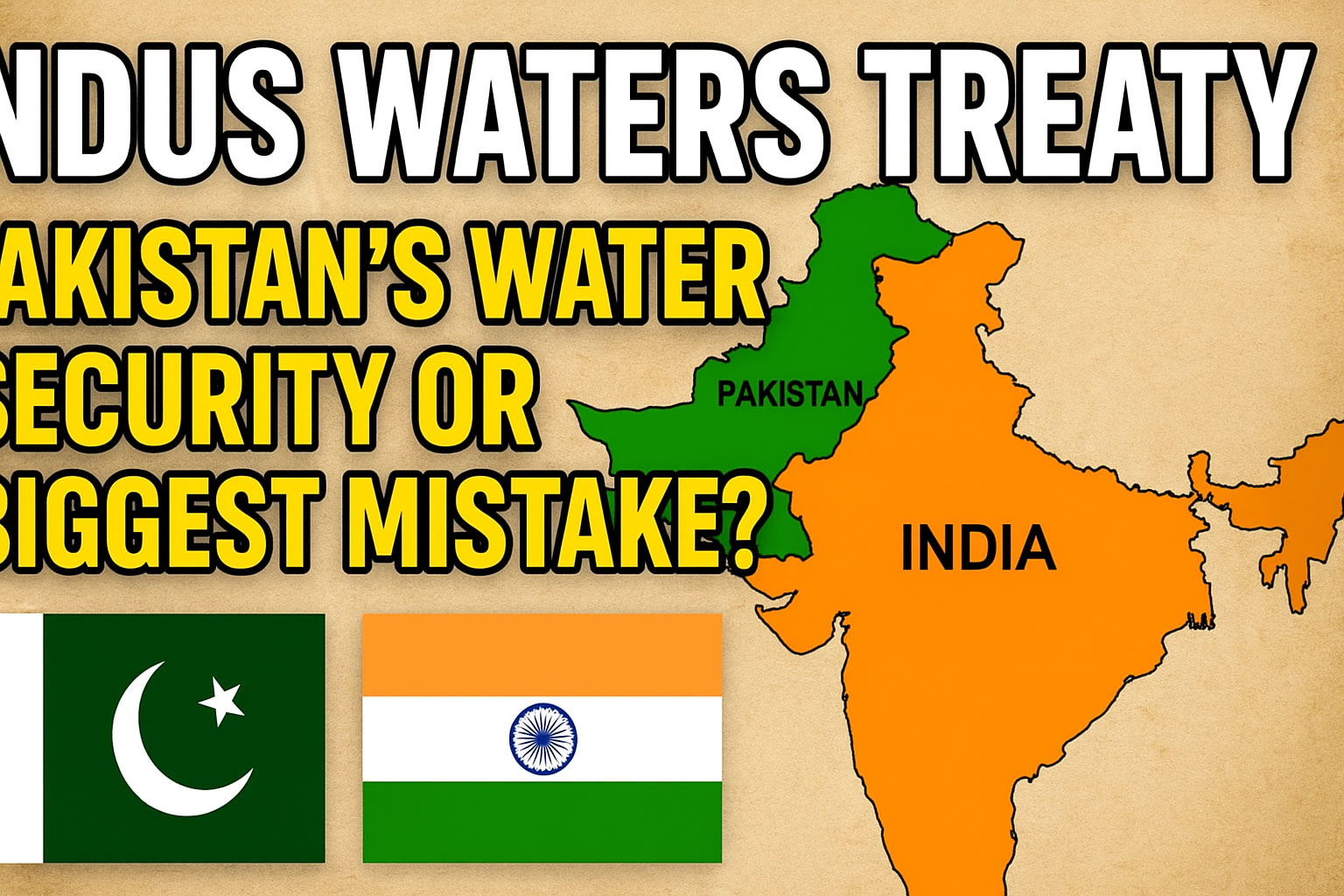(Web Desk) – Israeli Channel 14 has reported that on Tuesday, 10 Israeli F-35 fighter jets launched an attack on Hamas leadership in Doha, Qatar. The aircraft flew 1,800 km to reach their target, supported mid-air by a British refueling tanker that ironically took off from Qatar itself and later landed back on Qatari soil.
The operation exposed the helplessness of Arab states, as the Israeli jets crossed the airspace of Saudi Arabia, Jordan, and Iraq without resistance. On their return, U.S. refueling tankers assisted them before landing safely back in Israel.
Qatar, a small Gulf state rich in natural gas, also hosts the largest U.S. military base in the Middle East along with the CENTCOM headquarters. Believing this presence guaranteed security, Qatar was shocked to find its sovereignty violated once again—first by Iranian retaliatory strikes on U.S. bases earlier this year, and now by a direct Israeli assault.
The Israeli strike targeted a Hamas meeting in Doha, where leaders were reviewing U.S. proposals for a ceasefire. Initial reports claimed Hamas negotiator Khalil al-Hayya was killed, but later it was confirmed that while he survived, his son and five others—including a security officer—were killed. His wife and daughter-in-law were injured.
Israel has systematically targeted Hamas leaders in recent months—eliminating many in Gaza, Tehran, and Beirut—and now aims to wipe out its remaining leadership. Analysts note that Israel itself originally supported the rise of Hamas decades ago to counter Yasser Arafat’s Fatah movement, but today seeks its complete eradication.
Qatar strongly condemned the strike, calling it “state terrorism”, while Arab and Muslim leaders voiced outrage but stopped short of action. Despite initial withdrawal from peace talks, Qatar later—under U.S. pressure—signaled willingness to continue mediation.
Israel defended its actions, stating Hamas leaders were behind the October 7, 2023 attacks. Israeli PM Benjamin Netanyahu, emboldened by U.S. and Western backing, seems unwilling to pursue negotiations, insisting that only the total elimination of Hamas leadership can ensure hostages’ release and prevent Hamas from regaining power in Gaza.
Observers argue this undermines U.S. President Donald Trump’s peace efforts, as he hopes to secure both an Israel-Hamas ceasefire and an end to the Ukraine war, positioning himself as a frontrunner for the Nobel Peace Prize. But Netanyahu appears unconcerned with Trump’s ambitions, confident that no U.S. leader can oppose Israel without political consequences.
In recent days, Israel has escalated operations across the region, striking Lebanon, Syria, Tunisia, Qatar, and Yemen—fueling fears of a darker, more dangerous Middle East.



